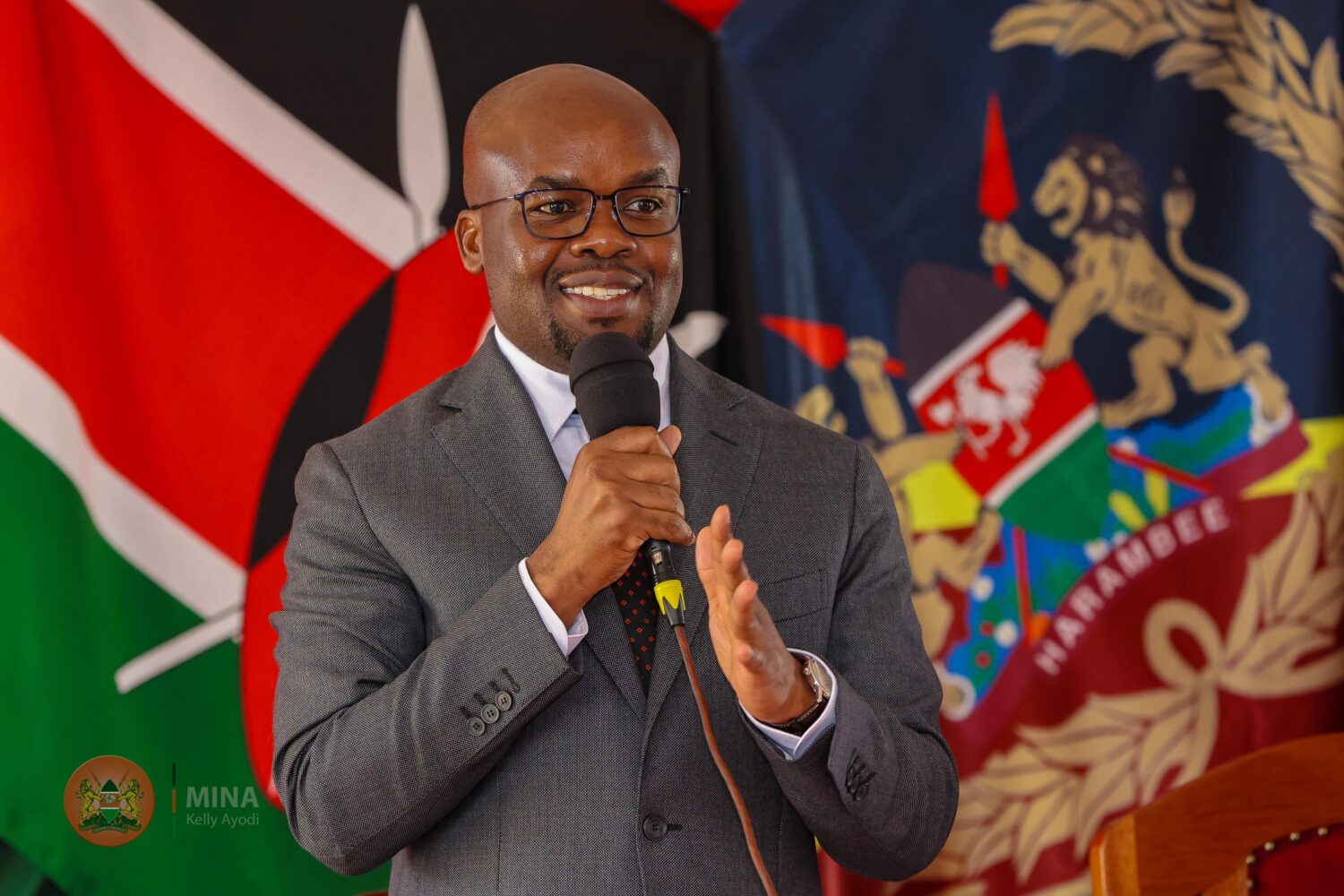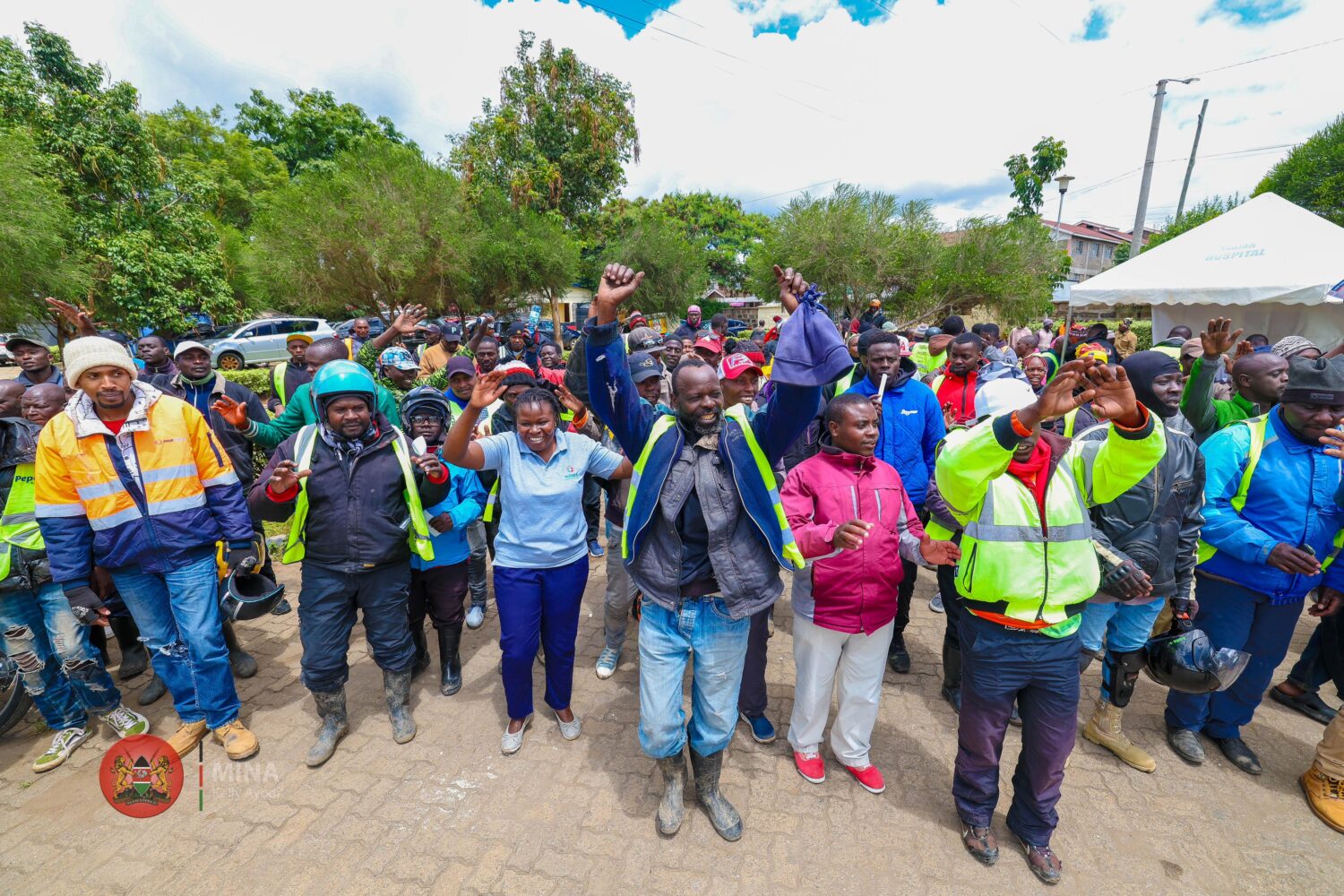Ladies and Gentlemen
- I am happy to preside over the launch of an important national policy document that informs our country’s collective effort to combat Alcohol and Drug Abuse for the next five years.
- Alcohol and Drug abuse pose a significant threat to the safety of people and security of Kenya in the form of deaths from adulterated alcohol, reduction in productivity, health complications as well as fueling organized crime networks and violence within our communities. Drunk driving is also a major cause of fatalities and serious injuries.
- On March 6, 2024, the Ministry of Interior, through our Cabinet Secretary, Prof. Kithure Kindiki, elevated the fight against illicit alcohol, drug, and substance abuse by declaring it a top national security threat, marking a significant intensification of its efforts against the vices.
- It is for this reason that the Government took decisive action to ensure the safety and compliance of alcohol production in Kenya by issuing 25 directives to enforce compliance and quality standards in the alcohol manufacturing sector. Smuggling, counterfeits, unregistered brands, substitution/refills, tax leakage and Illicit artisanal alcohol formed the biggest economic challenge warranting all licenses and certification permits for secondgeneration and alcohol distillers and manufacturers be suspended, pending a comprehensive vetting of all alcohol manufacturers.
- I am pleased to observe that the NACADA 2023 – 2027 Strategic Plan contains concrete and deliberate measures aimed at not only enhancing the level of success achieved in the fight against alcohol and drug abuse but also, how the momentum is sustained.
- During the last Strategic Plan and in 2024 alone, we managed to conduct 61,769 raids that saw the seizure of 342,088 litres of changáa and 2,553,108 litres of kangara confiscated. We also seized 70,743 litres of counterfeit alcohol and closed 15,538 alcohol outlets and 381 shisha joints. We confiscated 6,047 kilogrammes of bhang and a total of 29,898 arrests were made. We noted that the worst affected regions were in Rift Valley, Nyanza, Western, Central and Nairobi.
- Currently, alcohol is the most socially abused drug substance in Kenya. Drug use and abuse in the country has also been identified to be mostly affecting the youth and our learning institutions. Based on statistics from NACADA, the average age for initiation of alcohol use in Kenya is 16 years. Close to 40% of alcohol users are youths with 1 in every 7 Kenyans aged 25 – 35years (1,137,288) currently using alcohol with over half (596,336) being addicted.
The risk of depressive disorder among users of alcohol is 2.3 times higher compared to non-users and the national prevalence statistics on the alcohol and drug use situation in the country, show that almost 4 Million Kenyans are in need of rehabilitation support. - There is no gainsaying therefore, that the Strategic Plan we are launching today, is more critical than ever, as it is the surest way of addressing the vice of alcohol and drug abuse. It is the single most important planning tool for enforcing laws related to alcohol consumption and distribution and also serves as a focal point for a shared vision among NACADA, the National Police Service and National Government Administrative Officers, who are active in eradicating illicit alcohol in our communities, combating counterfeit alcohol and addressing other alcohol related crimes.
- I am happy that the Strategic Plan is similarly anchored on Kenya Vision 2030, Medium term Plan IV and the Bottom-up Economic Transformation Agenda (BETA) and has been developed in line with the guidelines issued by The National Treasury and Economic Planning. Not only does the Strategic Plan aim to rid the country of alcohol and drug vices, but also to create a conducive environment for government programmes and projects are able to thrive.
- It is also gratifying to note that in the Strategic Plan period 2023-2027, has identified concrete areas where efforts will be directed as an institution in collaboration with stakeholders. These include key result areas such as sensitization of 10,021,630 parents on positive parenting, developing guidelines targeting learning institutions, partnering with County Governments and other stakeholders on matters rehabilitation and support for victims of alcohol and substance abuse, as well as outreaches aimed at protecting citizens from illicit substances and drugs.
- Perhaps at this point I must point out that there are many good strategic plans out there that have been developed by professionals. They will remain just that – plans – if they are not implemented as
envisaged. I, therefore, challenge NACADA and all stakeholders to take the implementation of the Strategic Plan very seriously. - I also wish to point out that NACADA must seek ways of funding this ambitious plan. As indicated, we need Ksh 12.213 billion to implement the Plan against a projected resource envelop of Ksh5.997 billion in the 5-year period. This calls for innovation, collaboration and building partnerships that will yield resources for this mission. I call upon all our stakeholders and partners to maintain their support for the good work being done by NACADA.
- I wish to once again congratulate NACADA on the successful completion and for this launch of its Strategic plan and I am confident that NACADA under the leadership of the Board of Directors and CEO, will not only strive to achieve the ambitious targets in it but will also get the resources necessary for its execution. The Strategic Plan must be our testimony of a modern way of doing
business that is systematic and data-driven.
Ladies and Gentlemen,
- I am now honored and pleased to officially launch the NACADA Strategic Plan (2023-2027).











